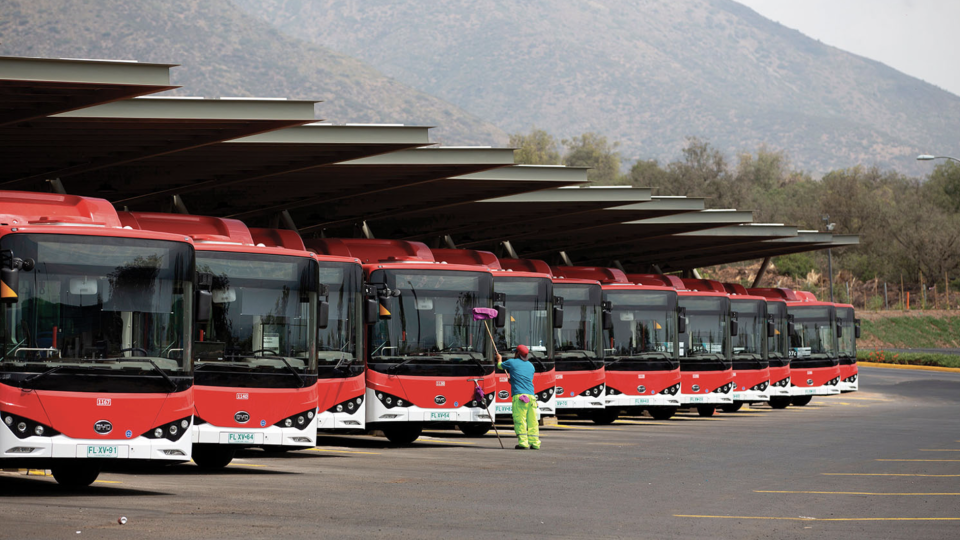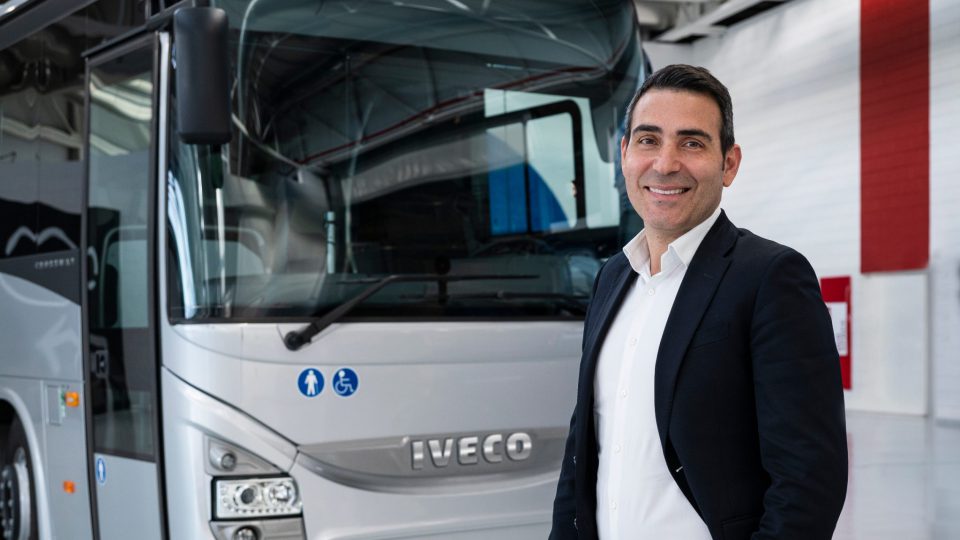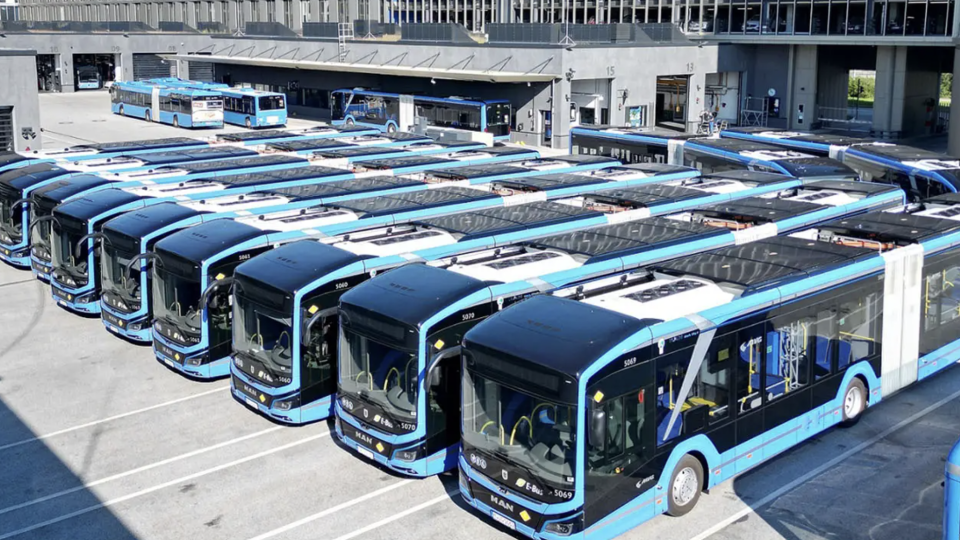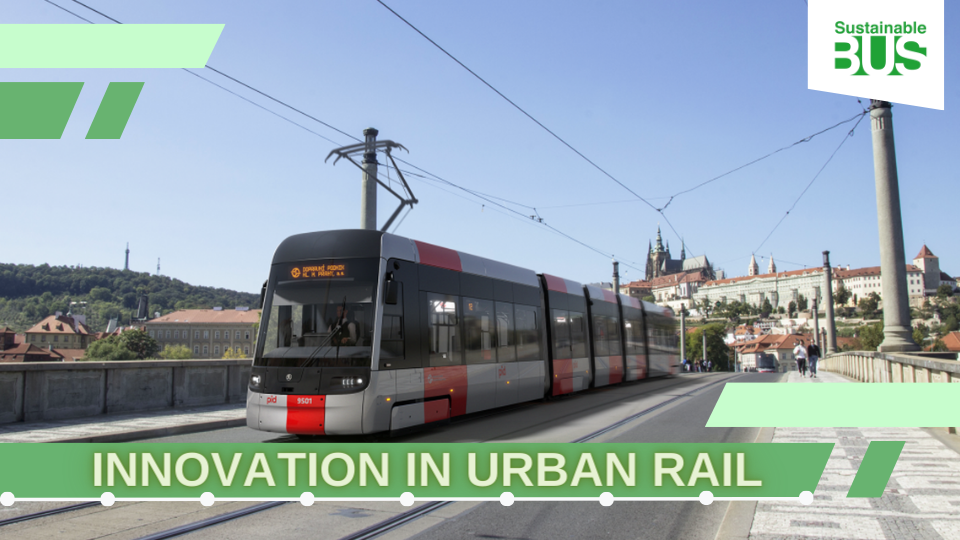“Just a small extension in lifespan can make e-buses cost-competitive”. Bruno Lapeyrie, Keolis, on business models of e-mobility
“The more you drive an electric bus compared to a diesel one, the less expensive it becomes. Therefore, if you find a way to extend the lifetime and amortization of the assets, particularly the batteries, you can achieve savings“. In a recent Sustainable Bus Tour VideoSpotlight event titled “EU policy framework & transition to zero […]

“The more you drive an electric bus compared to a diesel one, the less expensive it becomes. Therefore, if you find a way to extend the lifetime and amortization of the assets, particularly the batteries, you can achieve savings“.
In a recent Sustainable Bus Tour VideoSpotlight event titled “EU policy framework & transition to zero emission commercial vehicles”, Bruno Lapeyrie, the Director Center of Excellence Energy Transition Bus at Keolis, made a thought-provoking statement regarding the impact of e-mobility on the business model.
The event, held in partnership with Sustainable Truck & Van and featuring key organizations such as UITP, ACEA, IRU, C40, Transport & Environment, provided insights into the transition to zero-emission vehicles within the European legislative framework and roadmap.
Bruno Lapeyrie, Keolis, on business model of electric buses
“The impact of the business model brought by e-mobility is major. With diesel buses, we used to have one-third CAPEX and two-thirds OPEX, but now it’s the contrary for electric. This has several consequences. The first one is quite obvious: the more you drive an electric bus compared to a diesel one, the less expensive it becomes. The second consequence is that if you find a way to extend the lifetime and amortization of the assets, particularly the batteries, you can achieve savings. Even a small extension in their lifespan can quickly make electric buses cost-effective. The third consequence is the increasing importance of the residual value risk at the end of the contract, especially for private operators who require financing. This developments represent a significant paradigm shift, deeply affecting all aspects of business planning and operations”.
Lapeyrie stresses the fact that “the total cost of ownership of an electric bus is still 25 to 30 percent higher”. Another major issue concerns “energy price volatility, especially regarding electricity prices in Europe. This compels us to find different ways to stabilize prices”.
Finally, Keolis representative has been focusing on the relation with manufacturers. “This relation needs to be a mixture of trust and caution more than ever before. We face significant challenges with manufacturers, such as data ownership concerning the batteries, which holds great value. Questions arise about how to collect, store, and utilize this data. There is also pressure to start operating with zero-emission vehicles in our contracts, and it’s often difficult for manufacturers to be reliable and deliver the vehicles on time. The good news is that while there were some reliability issues with electric vehicles in the early years, it is no longer the case. The technologies on the market now exhibit very good reliability”.






